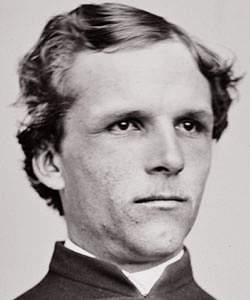Samuel Chapman Armstrong (American National Biography)
Scholarship
In the South and elsewhere, Armstrong's educational policies nevertheless had deleterious effects, restricting the future political and economic roles of indigenous peoples, consigning students to a life of menial labor, robbing them of the benefits of higher education, and enforcing the values of a dominant white middle-class culture. W. E. B. Du Bois, just one among many black educators of the time who was an outspoken critic of the school, said Hampton was at the center of an "underground and silent intrigue" to keep the former slave "a docile peasant and peon, without political rights or social standing." But the impact of Hampton and Armstrong's educational ideas extended beyond blacks and other oppressed groups--Native Americans and Hawaiians, for example--most directly affected by the system. Combining the rhetoric of uplift, a salvational message concerning the "dignity of labor," and the most nihilistic industrial values and assumptions, the Hampton-Tuskegee idea became the model for an international Christian educational system that presumed to "save" everyone, white and black, rich and poor alike.
J. M. Heffron, "Armstrong, Samuel Chapman," American National Biography Online, February 2000, http://www.anb.org/articles/09/09-00034.html.



